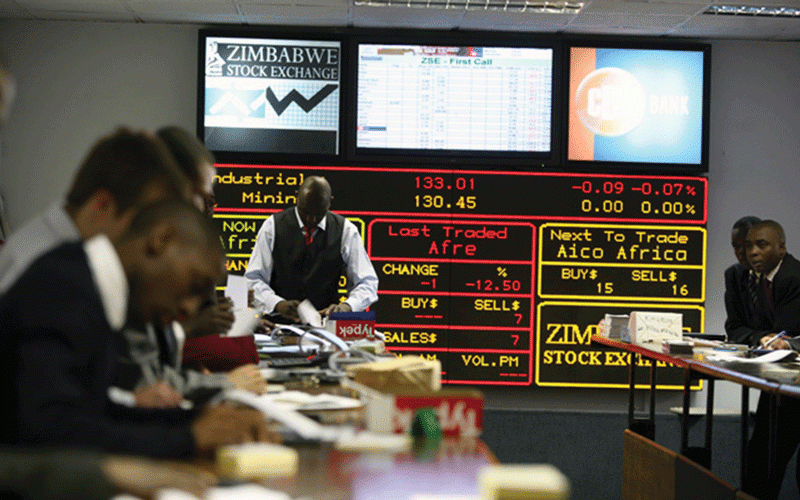
DUE to its use of foreign exchange as an offshore stock market, the Victoria Falls Stock Exchange (VFEX) remained immune to policy changes during the first half of 2024.
In contrast, the Zimbabwe Stock Exchange (ZSE), which operates in local currency, underwent significant transformation when the Zimbabwean Dollar (ZWL) was replaced by the Zimbabwe Gold (ZiG) in the second quarter of the year.
On April 5, 2024, the ZWL was replaced by the ZiG. Consequently, all indices on the ZSE were rebased to 100.
The ZSE’s performance for the half-year ended June 30, 2024, can be divided into two phases: returns in ZWL terms and in ZiG terms.
From the beginning of the year to April 5, the ZSE All Share Index achieved a nominal return of 334%, translating to 15% in United States (US) dollar terms.
The significant difference between the nominal and US dollar return is attributed to the ZWL's exchange rate depreciation of nearly 70%, an extended trend from prior years that necessitated the switch to the ZiG.
With the low volatility of the ZiG exchange rate, tied to world gold prices, the ZSE All Share Index realised a nominal return of 28,64% from the introduction of the ZiG to the end of June, converting to a US dollar return of 27,38%.
The renewed investor confidence in Zimbabwe's economy, through exchange rate stability in both formal and informal markets, resulted in an upward trajectory for stock prices and increased activity from both domestic and foreign investors.
- Simbisa Brands mulls VFEX listing
- Simbisa Brands listing boost for VFEX
- Simbisa unveils broad VFEX listing roadmap
- ‘Nedbank financial instrument listing on VFEX a game-changer’
Keep Reading
However, due to tighter liquidity compared to the previous year, the aggregate US$42,3 million traded on the ZSE in the first six months of 2024 was significantly lower than the US$117 million traded in the first half of 2023 and the US$69,5 million traded in the second half of 2023.
In contrast, the VFEX, a US dollar-denominated bourse, faced different challenges compared to the ZSE. After six new listings in 2023, the VFEX All Share Index was rebased to 100 at the end of 2023 and increased by a modest 2,7% in the first half of 2024, consistent with steady stock markets worldwide.
In the corresponding period last year, the VFEX All Share Index suffered a sharp decline of -23%. Despite a rise in listings, the market continued to struggle with constrained liquidity, primarily due to policy dynamics.
Public mistrust in banks, driven by inconsistent monetary and fiscal policies, led to decreased real savings levels, resulting in less foreign cash being directed towards capital market investments.
A regulation allowing direct local currency to foreign exchange conversion for VFEX investments could be crucial in driving demand and momentum in the offshore market.
On the VFEX, a total of US$22,2 million was traded during the six-month period, compared to US$8,8 million traded in the same period last year. The notable rise is attributed to more listings on the exchange, which improved activity.
Furthermore, the total turnover increased to US$17,4 million in the second half of 2023, indicating rising activity amid increasing listings.
The ZSE has shown resilience in recent years, reflected by several important metrics suggesting encouraging trends.
However, the success of the ZSE is susceptible to broader economic challenges, primarily developments in the black market. Inflation rates, currency stability, and policy actions significantly impact investor sentiment.
The government's ability to implement policies that promote economic stability and growth and reduce the exchange rate premium to lessen the risk of exchange losses on portfolios will determine the ZSE's capacity to attract and retain investors.
On the other hand, VFEX's success depends on its ability to attract foreign investment, a policy shift encouraging local participation through direct currency conversion, or both, to increase market liquidity. By leveraging Zimbabwe's advantageous position and promising economy, the exchange has the potential to become a major regional financial centre.
- Duma is a financial analyst and accountant at Equity Axis, a leading media and financial research firm in Zimbabwe. — twdumah@gmail.com or tinashed@equityaxis.com, X: TWDuma_










